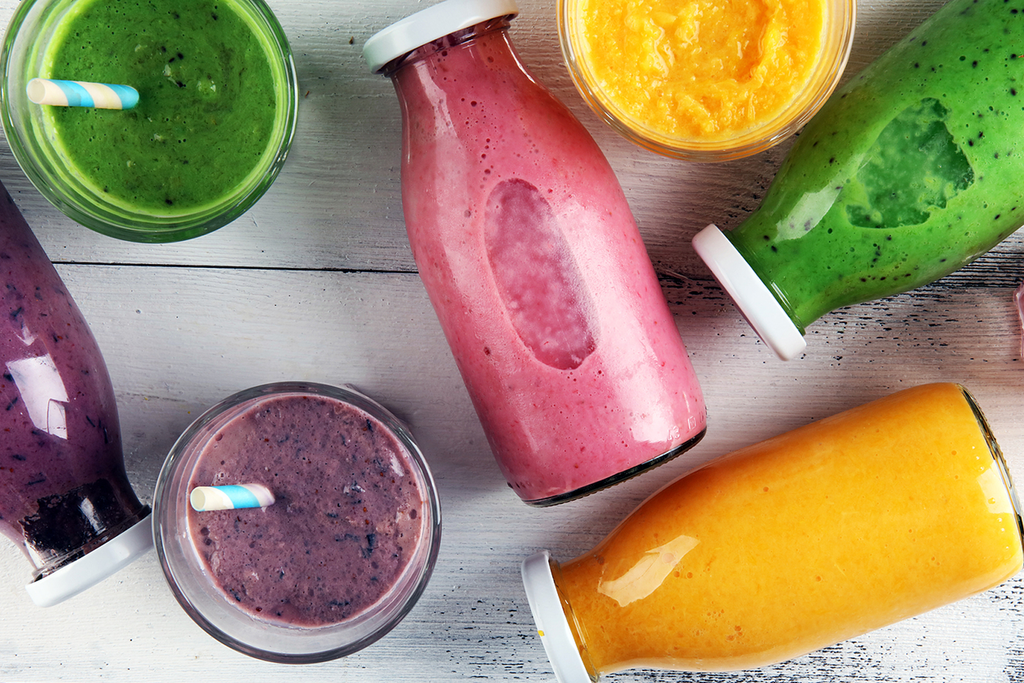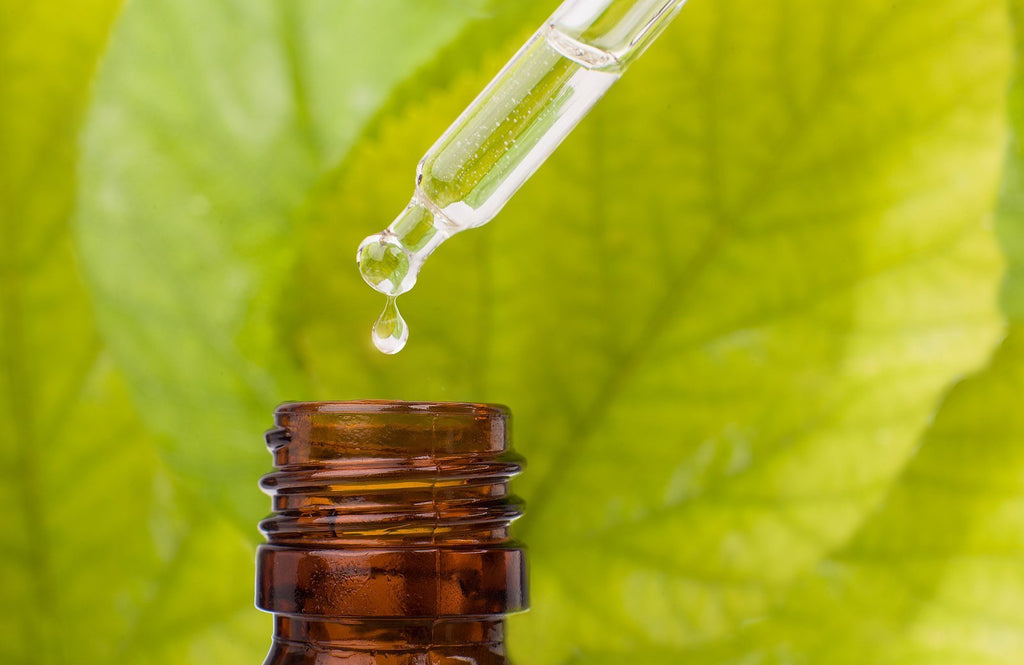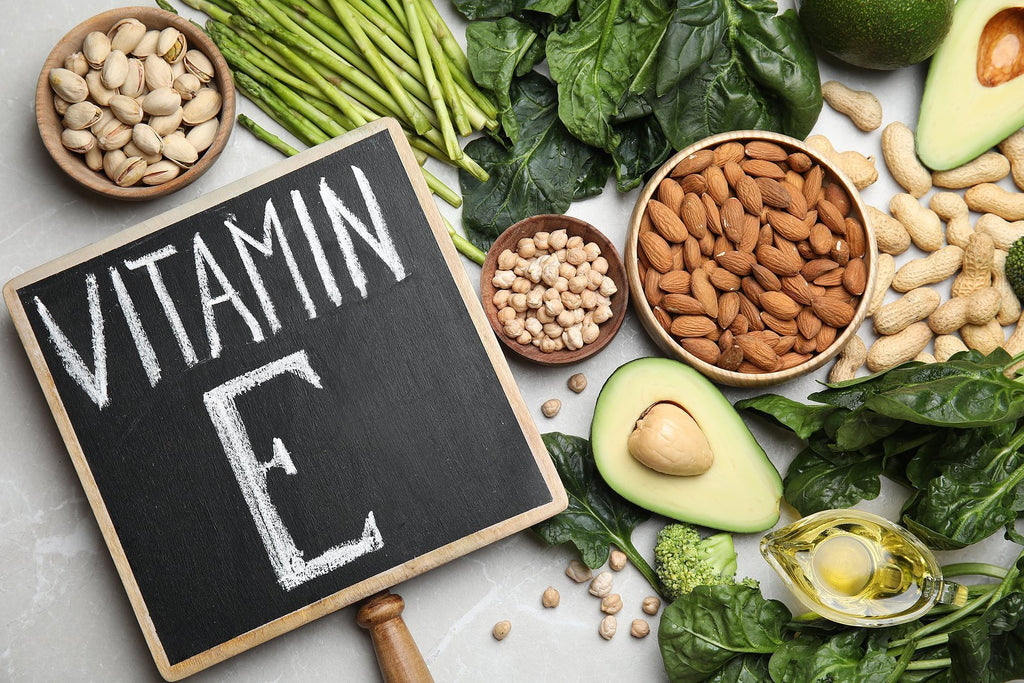Unsuspecting Places You’ll Find Gluten
Remember in a previous blog I recommended you eliminate gluten from your diet? In this blog, we’ll look at how to do that.
The first step is to learn where gluten is found. The second is to learn some good alternatives.
To put it simply, gluten is not a healthy protein to consume – for anyone. Here’s why…
Gluten Sensitivity is Probably More Common Than You Think
No doubt you’re aware that a gluten-free diet has become pretty popular in the last 10 years. That didn’t happen just because it’s trendy. It’s because many people report that they simply feel healthier without gluten – even those who don’t have celiac disease. Eliminating gluten gives the body a rest from the irritation that gluten causes. This supports the theory that gluten intolerance and gluten sensitivity are very common. In fact, talking to my colleagues and considering tens of thousands of lab results, it’s clear that the percentage of people with gluten intolerance or gluten sensitivity showing up in lab testing is increasing. It might even be approaching 50%. Furthermore, many other people who don’t show up in tests as having gluten problems still feel much better without it in their diet.
So eliminating gluten from your diet is a good idea whether you test positive for an intolerance or not.
If You Have Celiac Disease…
Eliminating gluten is vital to your health and is the only treatment option. You don’t ever want to eat any gluten if you hope to have complete and long-term healing. You simply must eliminate it from everything you eat and drink. No exceptions. It’s too damaging to your health to be lazy about this.
With celiac disease, your hope is that the small intestine can heal and the body can begin to absorb nutrients properly.
Peek-a-boo, Gluten – We See You
Believe me, gluten hides in a lot of unsuspecting products. Look very, very carefully at the following:
- Cosmetics
- Medications
- Dietary supplements (none of the supplements I recommend contain gluten, but you need to check others)
- Alcohol
- Fried foods
- Sauces
- Marinades
- Dressings
- Convenience meats – like cold cuts and hotdogs.
Be a Label Geek – Really
When shopping, you have to read labels. But the tough part is that the labels often hide gluten under a different name. Even the simple word “wheat” needs to be considered. Trust me, some people don’t always make the connection that wheat has gluten in it.
There are over 50 different terms that mean a product contains gluten. I cover those common names in this video.
To make things a little easier, the FDA has a standard gluten-free labeling protocol. A manufacturer may label an item gluten-free if the product does not naturally contain gluten or if gluten has been removed and no more than 20 parts per million of gluten remain.
20 parts per million is important if you have celiac disease, because under 20 parts per million is considered “safe” for your condition. But it’s debatable. It only takes a tiny amount of gluten in some people to cause a reaction. So, if you find that you don’t feel well on food that naturally contains gluten, but is labeled gluten-free, it’s probably that either you’re super sensitive to gluten and you can’t tolerate even small amounts or you’re sensitive to some other ingredient, such as corn, soy, or whatever else is in the product.
Note: A wheat-free label does not mean the same thing as gluten-free. Many other grains contain gluten, not just wheat. I cover the grains that contain gluten in this video.
So, What Should You Eat?
Your best bet is to eat a diet composed of whole foods that are naturally gluten-free.
For snacks, consider pumpkin seeds, sunflower seeds, pecans, macadamia nuts, and walnuts.
For proteins, choose grass-fed meat and wild seafood that’s not breaded or marinated. And remember that the serving size of your protein should be about three to five ounces (for most people). Too much protein can cause other problems in the long term. Eggs are always gluten-free. Organic pasture-raised eggs are the best choice.
Eat lots of organic veggies and a small amount of organic low glycemic fruit.
Some Great Gluten Alternatives
Instead of wheat flour, use coconut, almond or tapioca flour.
Replace soy sauce with coconut aminos. It tastes almost the same.
To replace pasta, try making noodles from zucchini. Or buy sweet potato noodles. If you really want to feel like you’re eating a full-on Italian meal, bake spaghetti squash and top it with marinara meatballs (gluten-free, of course).
Riced cauliflower and cauliflower mash are great replacement foods. Use them in place of rice and mashed potatoes. They pack all the nutrients of cauliflower without the starchy carb spike.
Does “Gluten-Free” Automatically Mean Healthy?
I’ll throw in this last tip for my dad, who once asked me if the gluten-free beer in the health store was good for him…
Sorry, Dad. No. Just because something is labeled gluten-free does not mean it’s healthy for you.
Unfortunately, gluten-free products are often packed with other junk that you don’t need, including sugar, corn chemicals, and other grains.
Now you know how to look out for gluten, its aliases, and its hiding places. Feel free to get more info from my other videos and blogs, especially about eating an overall healthy diet. Please share the knowledge with others, so they also can be aware of how to avoid gluten.
Sharing is caring
Know Your Body - Know Your Health






